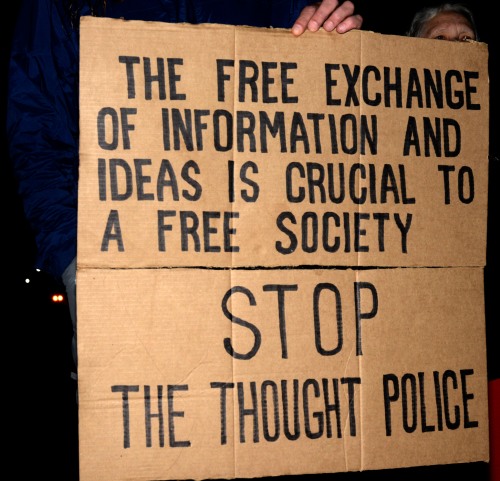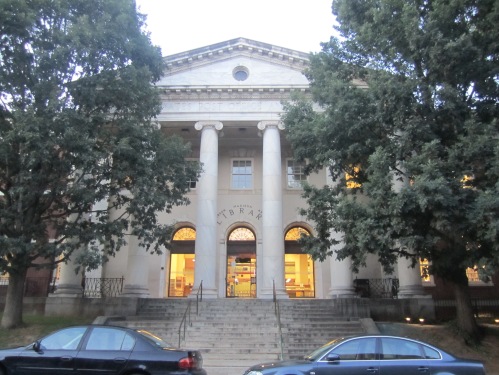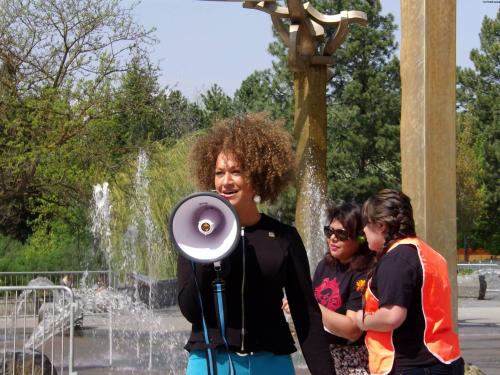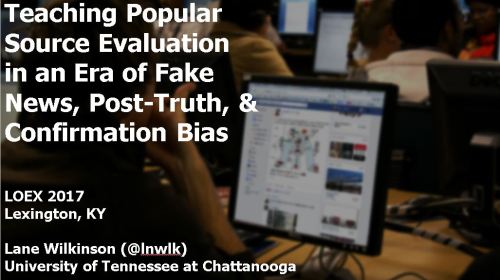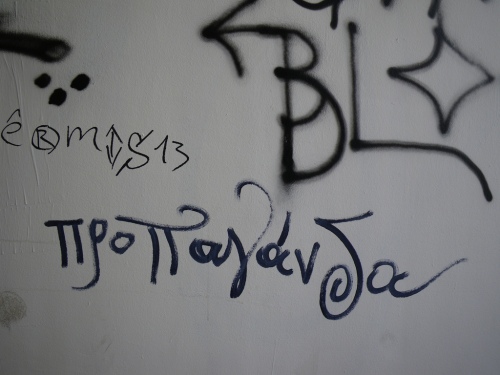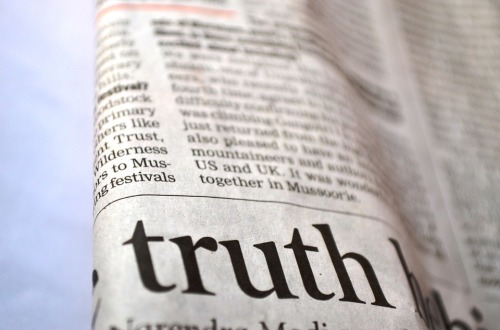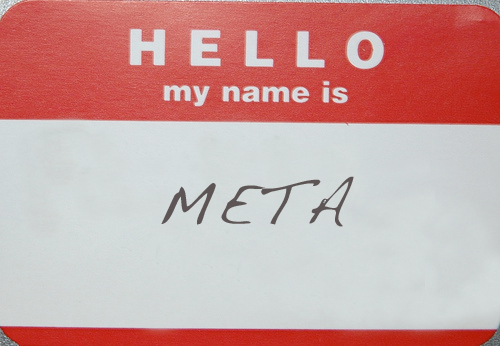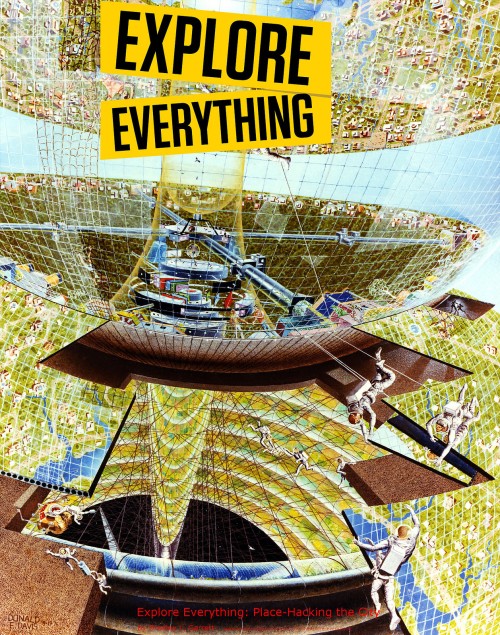Over the past several days, a lot of librarians have contacted me regarding the post I wrote on white supremacists in libraries. While the overwhelming majority of the feedback has been positive, there has also been a distinct contingent of librarians who all agree that I am a BAD LIBRARIAN. Libraries are supposed to be neutral and we’re supposed to provide access to ALL sides of controversial issues. Well, let me tell you, I was hesitant at first, but thanks to the dogged persistence of some of my interlocutors and their impeccable logic, I hereby renounce everything I previously wrote. From here on out, I am going to be the most neutral librarian you’ve ever met. I now completely agree that the ALA Code of Ethics and the Library Bill of Rights are perfect documents and that the First Amendment guarantee of freedom of speech is unassailable. I want to express my sincere thanks to everyone who pointed out how wrong I was in believing that libraries shouldn’t facilitate white supremacy.
Now, since I’m new to this whole “both-sidesism,” I’m obviously going to have some questions.
First, I notice that The Turner Diaries by William Pierce is only held by one library, according to Worldcat. Since it’s been hailed as “the Bible of the racist right” I’m deeply troubled that no libraries carry this obviously important text. Obviously, I’m going to buy it now that I’m committed to representing “both sides.” Should I spring for the print or the ebook?
Also, I’ve heard we’re in a “war with Islam.” Sadly, I haven’t added any ISIS propaganda to our library collection (like I said, I’ve been a bad librarian for not representing both sides). So, should my library link out to ISIS beheading videos or host them on our own servers? Again, just trying to be neutral.
Oh, and does it have to be a 1:1 ratio? For example, one holocaust denial book for every history of the holocaust? I’m thinking we may have to weed about 99% of our collection in the D800s to get a fair ratio. But, happy to do it to stay neutral.
And, could you please recommend some publishers in the following areas: alchemy, phrenology, flat earth theory, hollow earth theory, homeopathy, chemtrails, astrology, psychic surgery, and perpetual motion. I’ve noticed that our collections in the sciences are incredibly biased and fail to present both sides of understanding our natural world. (I can’t believe I used to think that truth should be a criterion for collection development.)
And, as an academic librarian, I’m curious how to handle faculty complaints. I’ve already sent out an email letting them know that from here on out we’re committed to presenting both sides of everything. How silly it was for me in the past to select materials based on the needs of my community, rather than the far more noble commitment to neutrality. So, now that faculty are angrily emailing me about spending their department allocations on “stupid shit” (LOL), how do I respond to their obvious biases? The Women’s Studies faculty are especially upset that I devoted half of their allocation to Mens Rights Activist books. I sent a copy of the Library Bill of Rights to them, but they don’t seem to get it. Any pointers?
Also, I have a research consultation Tuesday morning. The student is writing a paper about how “black people were better off during slavery.”* What resources would you recommend to help this student out?
Oh, and I forgot to tell you, a Mexican-American student emailed me earlier today with a question about her paper on DACA. Of course, I sent her both pro-Dreamer articles as well as articles from Breitbart and Infowars that show how illegal immigrants are mostly rapists and drug-addicts. For some reason, she got mad at me. Any suggestions on how to make her see the importance of considering multiple perspectives? (Scholarship is a Conversation, right?!)
And, the university film club has expressed an interest in screening Whose Streets?, the documentary about the Ferguson protests, in the library. Do I need to put together an anti-Black Lives Matter documentary screening in response?
As I pointed out in my previous post, we’ve never actually had a neo-Nazi or alt-right group ask to use our library for anything. Should I be doing outreach to these groups or should I just wait for them to initiate a request?
Thanks in advance for all your help!
Oh, and if you think that these questions are straw-men or pure hyperbole, then, please, let me know which white supremacist books and videos you’ve been buying.** Let me know which alt-right event you’ve sanctioned. Let me know on which issues you’ve nobly affirmed your neutrality. Thanks. Just trying to be the best librarian I can be.
* This was an actual consultation I had a few years ago.
** A quick note: I understand that massive research libraries with budgets in the tens of millions of dollars can collect almost everything and that they do probably collect some racist/sexist/homophobic/etc. materials. Likewise, if the library at, for example, a Holocaust memorial collects Holocaust-denial literature, there is a certain logic to that decision that I won’t deny. But, put yourself in the shoes of a small or mid-sized university library like mine; a small or mid-sized public. When you’re strapped for cash, how do you justify providing “both sides?”
